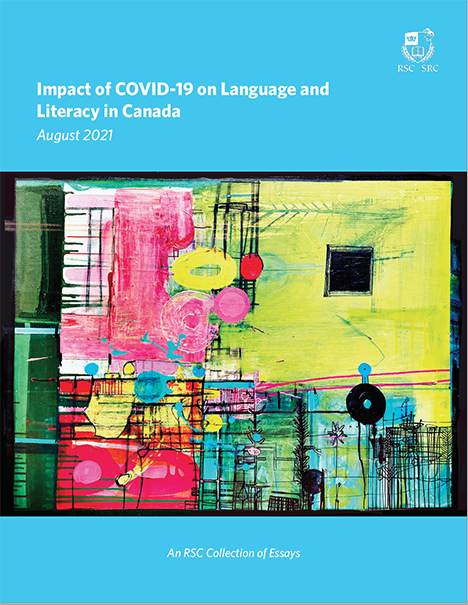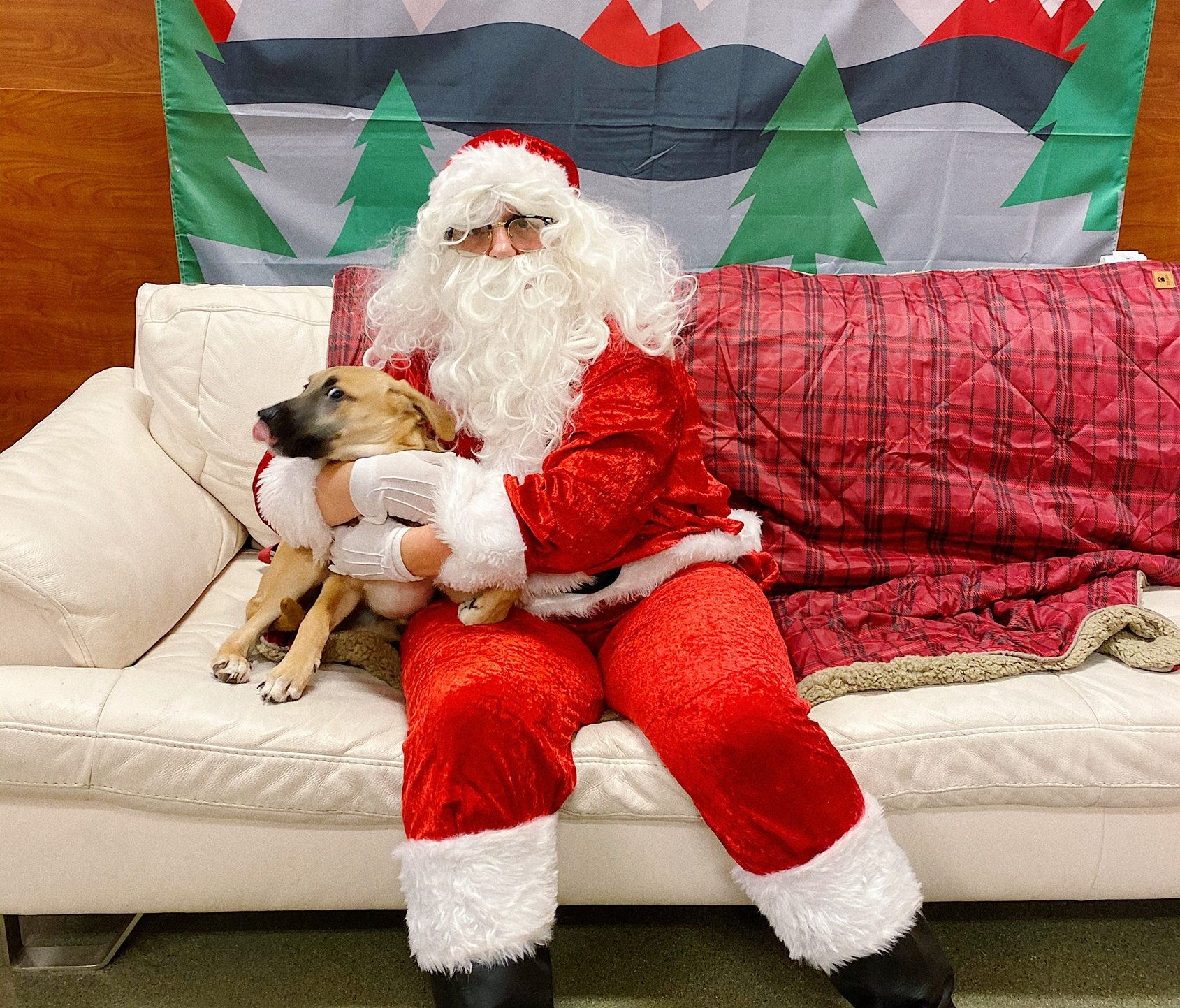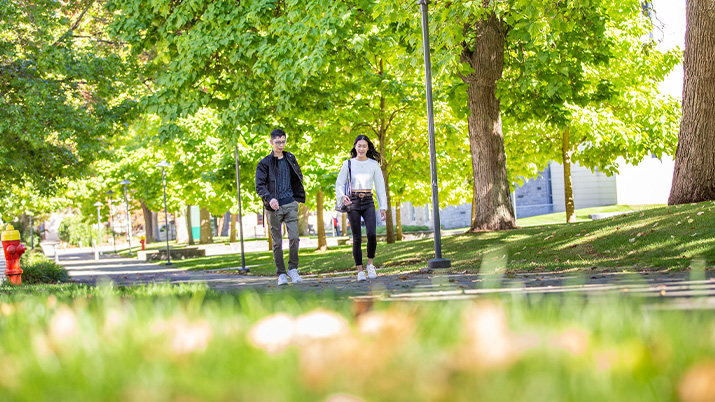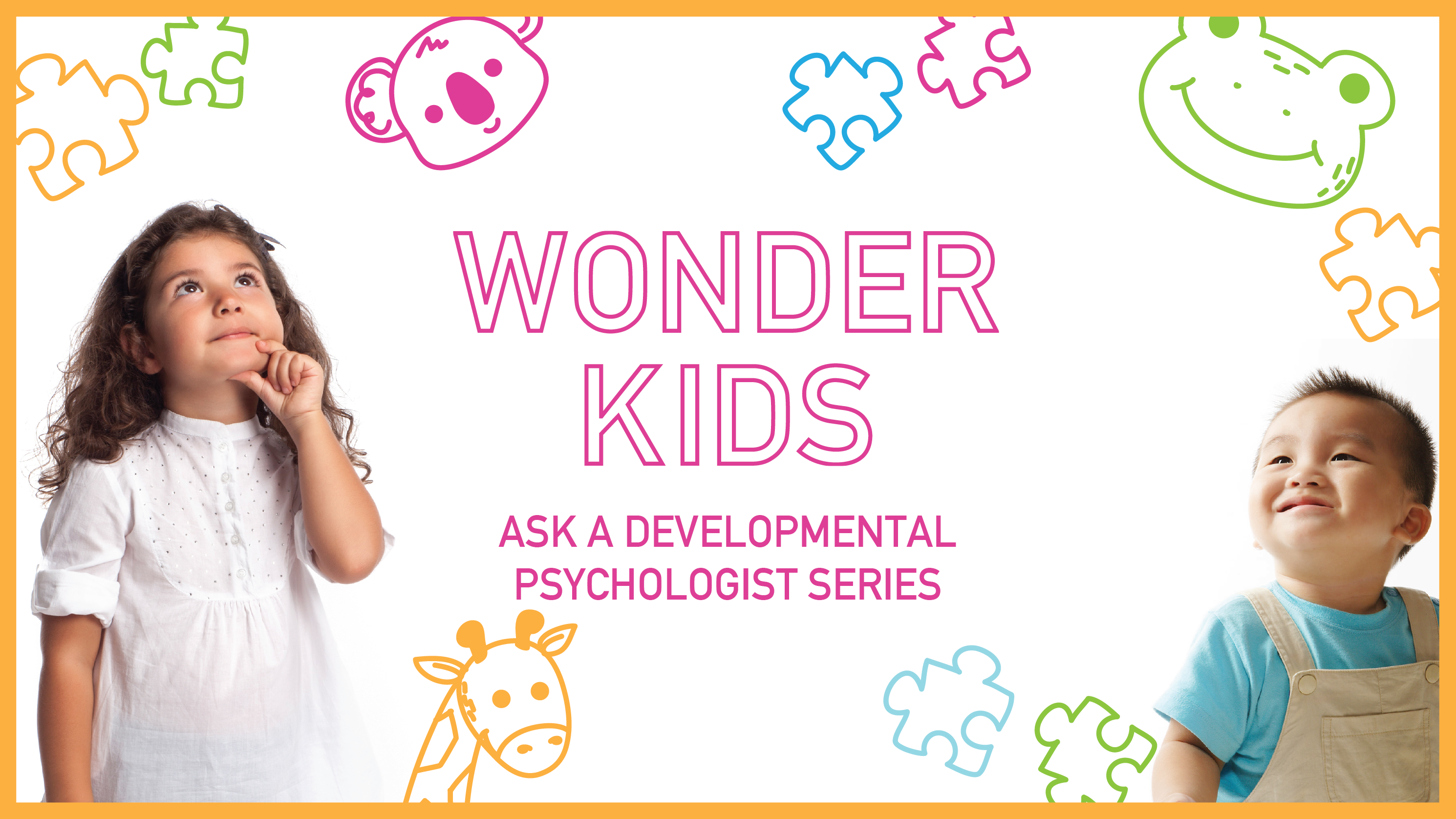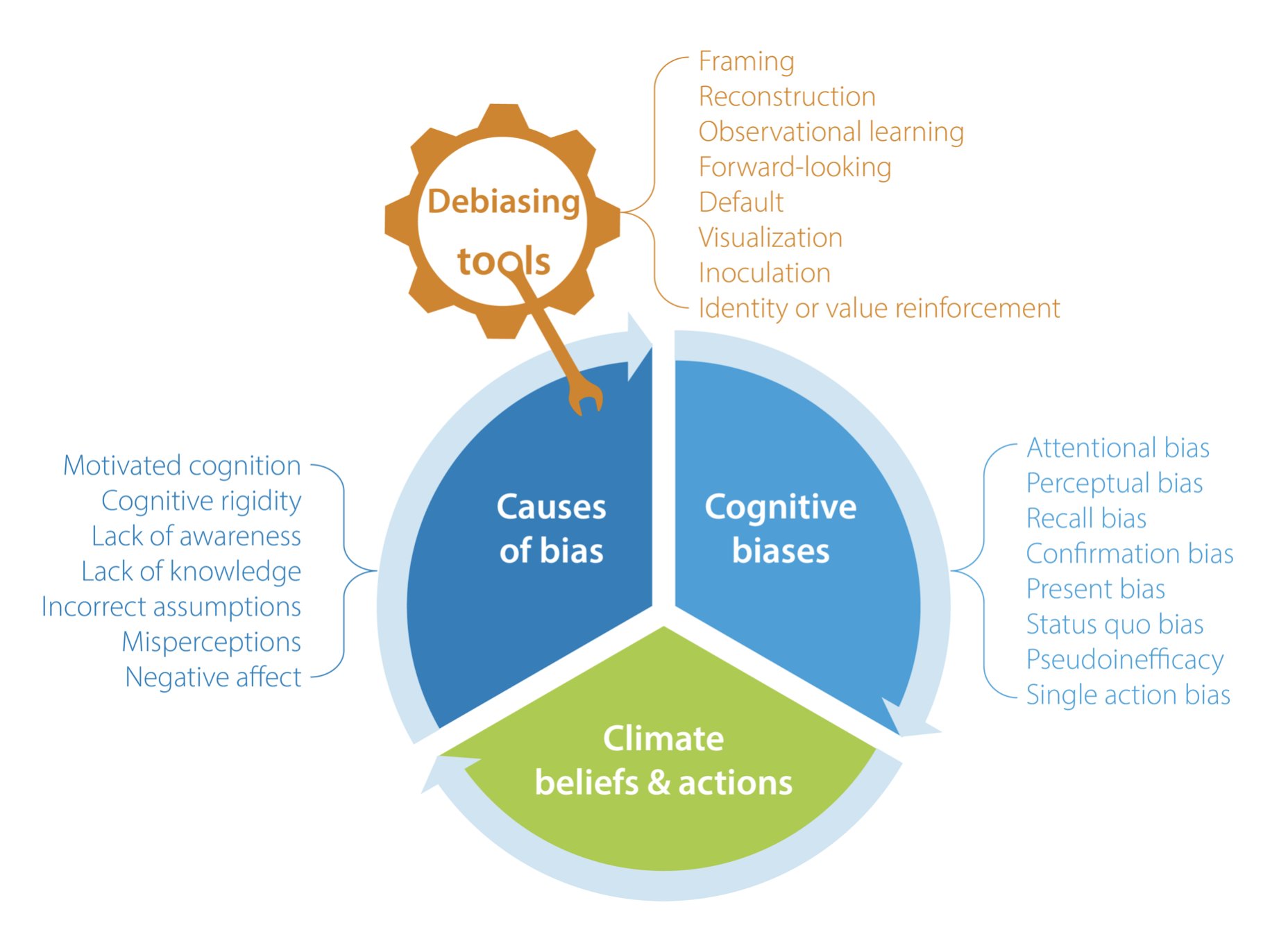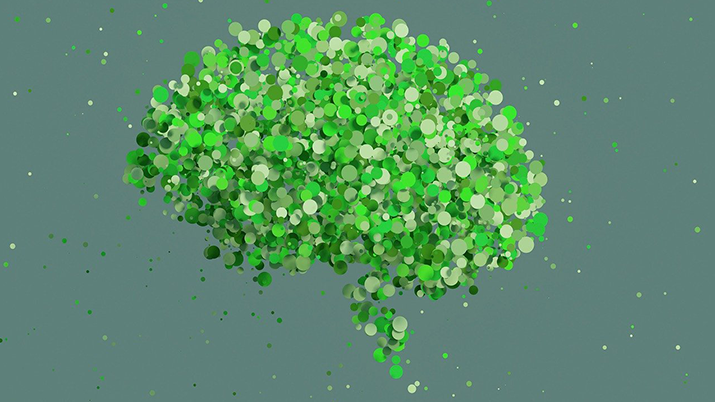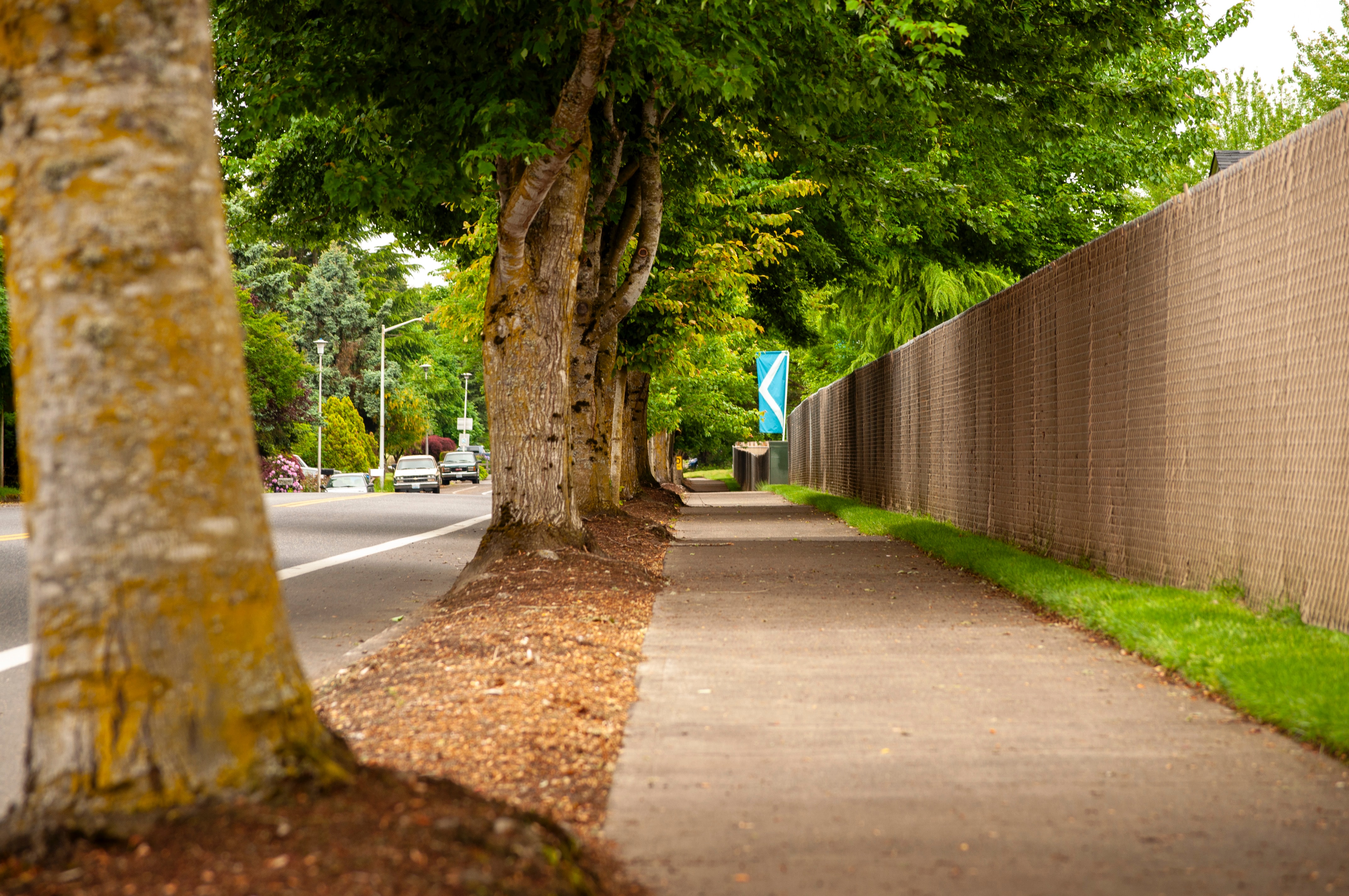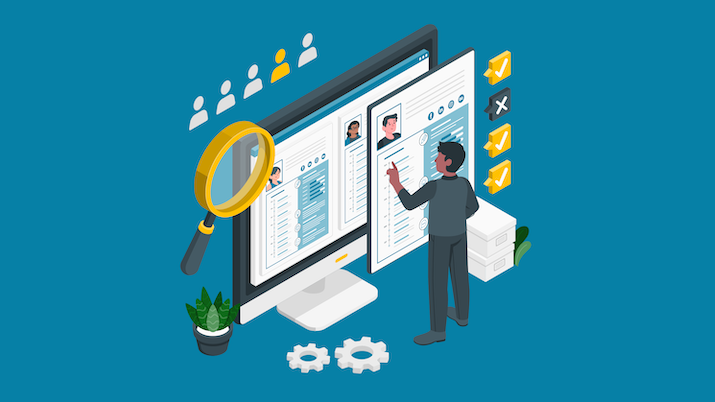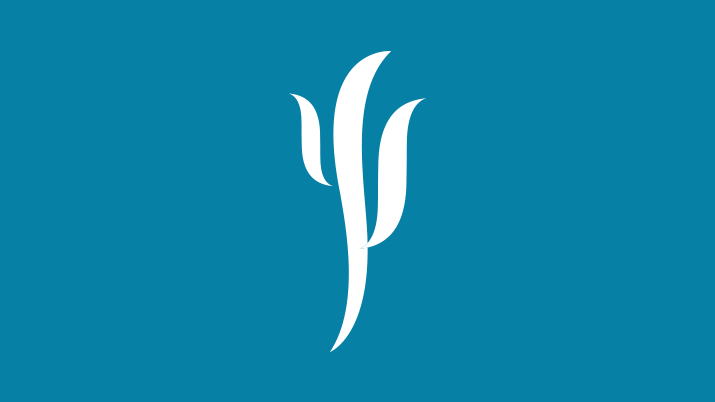Job Category: CUPE 2950
Job Profile: CUPE 2950 Salaried – Administrative Support 3 (Gr6)
Compensation Range: $4,319.00 – $4,540.00 CAD Monthly
Posting End Date: August 28, 2023
Note: Applications will be accepted until 11:59 PM on the day prior to the Posting End Date above.
At UBC, we believe that attracting and sustaining a diverse workforce is key to the successful pursuit of excellence in research, innovation, and learning for all faculty, staff and students, and is essential to fostering an outstanding work environment. Our commitment to employment equity helps achieve inclusion and fairness, brings rich diversity to UBC as a workplace, and creates the necessary conditions for a rewarding career.
Job Summary
The incumbent will provide administrative support to faculty initiatives requiring grant funding from Canadian and international funding agencies. The successful candidate will assist in the creation of complex grant proposals and support faculty to ensure compliance with granting agencies and UBC policies and procedures. The incumbent will also provide feedback with their understanding of the mandates, structures, review processes, funding priorities, budget requirements of internal and major Canadian and U.S. government and private funding agencies and foundations. Examples of these funding agencies include federal and provincial funding programs, as well as industry and private partners.
Organizational Status
Reports to the Department Head and to the Director, Administration. Works closely with faculty, researchers and other support staff and students. Interacts and liaises with numerous university departments including the office of the Dean of Arts, SPARC, UILO, and with external government and non-government granting agencies. The position assists with grant facilitation in a department with over 400 active positions including 56 faculty, 42 Postdoctoral Fellows and lecturers, 119 graduate students and approximately 2250 undergraduates.
Work Performed
Administration
- Assist with onboarding new faculty to UBC’s research environment
- Transfer any outstanding grants from previous institutions to UBC
- Interpret, investigate and formulate responses to all enquiries for information regarding application processing, policies and requirements and the status of grant applications
- Track success rate of application process for all applications, follow up if needed on queries around timeline, process routing and approvals
Grant Knowledge & Identification
- Provide specialized information regarding granting agency deadlines, policies and application requirements and detailed information on application guidelines and forms
- Maintain detailed knowledge of UBC policies and procedures to apply to all application processes
- Assist department researchers by monitoring and identifying potential grants relevant to their specific research areas
- Provide insight into other UBC offered services that may be further resources such a SPARC, UILO and ORS
- Assist and educate faculty and staff members, both over the phone and in person, in the use of on-line database of granting agencies and application information
Grant Application and Document Processing
- Confirm researchers’ eligibility to apply to grant programs
- Interface with faculty and translate research initiatives and concepts into a clear and coherent written format
- Review, maintain and update application forms and guidelines
- Collect relevant information such as resumes, CV’s and final applications for single or inter- and trans-disciplinary, complex, multi-investigator group, network and program grants
- Assist with the recruitment of adjudication review committee members
- Liaise with researchers, review committee, committee chair and ORS
- Support the research manager/principal investigator with the preparation of grant proposals, academic proposals, letters of intent and notices of registrations; proofread, copy-edit and format proposals
- Prepare and distribute award letters
- Receive and review applications for completeness and maintain research grant applications requiring approval in accordance with the university research policies
- Verify compliance of all applications to internal procedures and processing requirements including human ethics, animal care, biohazard reviews and Conflict of Interest/Conflict of Commitment
- Assist researchers in the post-award administrative processes
- Facilitate the submission process for external grant applications including obtaining authorizing signatures and forwarding to ORS
- Maintain online proposal and funding records, and prepare scheduled and special reports, studies and analyses
Consequence of Error/Judgement
In the performance of the position, the incumbent is granted a considerable degree of independence and latitude in exercising initiative and judgement. The impact of decisions and consequence of error is significant. Incorrect advice on grant application procedures and deadlines can derail a submission for at least a year, possibly longer. Advice provided in terms of completing application forms can also influence success. If mistakes were made, they would not be readily apparent but could have a major impact on the position, department or faculty member if not identified early in the process. Ongoing communication requirements with members of faculty and staff at the university for the purpose of grant application processing and assistance must be handled with professional maturity. Errors in judgement could have a significant impact on the incumbent’s ability to carry out the functions of the position effectively and could have adverse consequences on continued positive relationships with faculty and staff. Information that is accurate and timely is absolutely essential for the support of faculty applications for research. Information and advice given to faculty regarding grants and the application process must be of the highest quality and accuracy.
Supervision Received
The incumbent will be supervised directly by the Director, Administration and the Department Head as required, however, it is expected that the position will operate generally in an independent manner with the individual taking responsibility for their own control, review and monitoring of accuracy and quality of work. This will require the individual to be thoroughly informed on all matters relating to the regulations, guidelines and processing of applications and grant awards. The incumbent must possess a considerable amount of initiative and judgement in managing workload demands under pressure to meet deadlines. The incumbent must also maintain individual responsibility for organizing and communication of information relating to all grant applications, awards and forms inventories.
Supervision Given
The incumbent does not have direct supervisory responsibilities.
Minimum Qualifications
High School graduation, plus one year of post-secondary education, plus four years of related experience, or an equivalent combination of education and experience.
- Willingness to respect diverse perspectives, including perspectives in conflict with one’s own.
- Demonstrates a commitment to enhancing one’s own awareness, knowledge, and skills related to equity, diversity, and inclusion.
Preferred Qualifications
Undergraduate degree in a relevant discipline. Experience in developing, writing, critiquing or evaluating research funding applications and managing projects. Ability to anticipate problems and issues and plan ahead. Ability to be thorough, accurate, and have a high level of attention to detail. Ability to prioritize and work effectively under pressure to meet deadlines. Ability to listen actively and attentively, and obtain clarification as required. Ability to learn new software programs. Ability to provide quality service to customers in a courteous, patient manner, and to identify and respond to contentious or politically sensitive issues with tact and discretion. Ability to analyze problems, identify key information and issues, and effectively resolve. Ability to work effectively independently and in a team environment. Ability to identify and correct missing and incomplete data. Ability to prepare and complete job-related documents using relevant content and appropriate format (e.g., forms, letters). Ability to effectively manage multiple tasks and priorities within required timelines. Ability to communicate effectively and appropriately to inquiries in person, on phone, and in writing. Ability to prepare effective grant applications. Excellent knowledge of grant application procedures, granting agency guidelines and requirements. Strong conceptual skills, advanced knowledge of research methods. Working knowledge of University policy.

